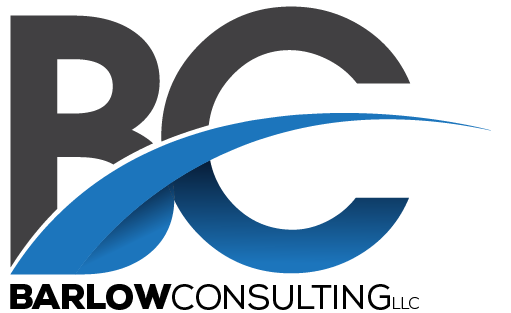Our Services
Values
Clarification
A central part of our work involves helping churches and nonprofits reflect deeply about their core values as a faith community, and think about how those values are reflected in their presence in the local community and the world. As the core values become clearer, we also assist with updating vision and mission statements.
More Information about Values Clarification
All of this work can be accomplished in a couple of different ways. In some instances, we can work directly with leadership to seek clarity on the core values, vision, and mission. This happens through a series of conversations (in person or remotely) with a select group of leaders
In other cases – and this is quite common – it is best to work with a larger group to tap into the wisdom of the faith community, and to allow the Spirit to speak through a group. In these instances, we do preparatory work for several months, then gather for two days of highly-focused group work in a workshop format. In that process (which is bathed in prayer), we discern the core values, vision, and mission. This approach also provides opportunities for open communication about the process, and usually results in greater buy-in to the decisions which are made.
Over time, the makeup of the community around the church will change. In many cases, communities have undergone multiple shifts over years (or decades), and the church has not examined those changes or altered the way that the community is understood. We work with the church to see how these demographic shifts have impacted church’s ability to connect with those in the immediate neighborhood.
Community Connection
More Information about Community Connection
Often, this lack of community connection means that those who live in the immediate area are not involved in the ministry of the church at all; instead, most church members travel some distance to attend services and other activities.
One of our first tasks is to analyze the local community in terms of demographics. Identifying the demographic segments in the area allows us to start thinking about what the local folks might look for in a faith community.
Our preferred method for doing this work is to use MissionInsite, a powerful online analysis tool. Many local denominational bodies provide access to the MissionInsite system; when that is not the case, we assist the local church (or nonprofit) in acquiring their own license. Once we have completed the initial analysis, we offer training in the basic use of the system to a group of church/nonprofit members.
Leadership
Coaching
Many of the most effective pastors in ministry today are partnered with coaches. A coach operates as a vehicle to help the leader get where he/she wants to go. The client’s agenda is the focus of the coaching conversation – the coach adds perspective, insight, and resources – mainly by listening, asking powerful questions, and offering encouragement.
More Information about Leadership Coaching
Coaching partnerships provide the church leader with:
- An outside conversation partner who has no agenda or investment in the ministry of the church other than a passion for seeing vital ministry happen
- An accountability partner who can ask questions, challenge assumptions, and help keep goals in sight
- A source of collegial wisdom and experience
- A rich networking resource, helping to make connections with clergy and leaders who have faced similar issues
It is essential to understand this about coaching: having a coach is a sign of strong leadership, not weakness! Professional athletes are in connection with each other – and, therefore, might have ‘peer’ coaches – but they also have professional coaches who are connected with other coaches, and who are specifically tasked with staying on top of trends and developments in their fields. The same is true for clergy! Coaches provide safe space for conversation, accountability, and on-going leadership development and growth. A good coaching relationship is an investment in the future of your ministry leadership!
Coaching contracts are each six months long, and include a monthly conversation (usually online) between 60 and 90 minutes in length, as well as email conversations in-between coaching conversations. These contracts are available as part of a larger consulting contract or as stand-alone contracts.
No organization is perfect, and that is true for faith communities as well. We bring a “fresh pair of eyes” to look at the way that your organization runs. This can involve informal conversations, written assessments, and in-person visits (sometimes including “secret worshipper” visits to services).
Organizational Assessment
More Information about Organizational Assessment
We can help your church leadership reflect on:
- The composition of the local governing council or board.
- Leadership capacity, including decision-making processes and alignment with mission.
- Operational workflows, technology use, and administrative efficiency.
- The condition, suitability, and utilization of physical spaces.
- Internal and external communication practices, including social media, newsletters, and other outreach efforts.
- Effectiveness of church programming and its impact on the community.
In some cases, this is simply a matter of conversation and the presence of an outside participant bringing new ideas. In other instances, this may involve a defined list of prescriptions for the church to consider.
Workshops
& Training
For nearly two decades, we have provided our Discover → Discern → Define → Deploy workshop as a means to help faith communities – both churches and faith-based nonprofits – understand the realities of ministry today, clarify core values, and craft fresh understandings of their vision and mission. Our newly updated Exploring Community workshop takes this process to the next level, incorporating even deeper exploration of the why?, the how?, and even the huh? of faith life today.
More Information about our Workshops
This two-day experience is generally offered either as a one-weekend intensive (all-day Saturday, and afternoon on Sunday), or a less-intensive program over two consecutive Saturdays.
